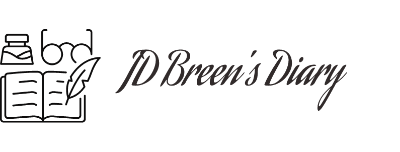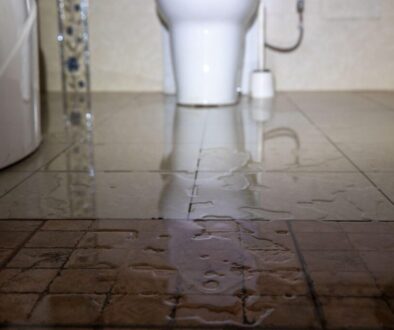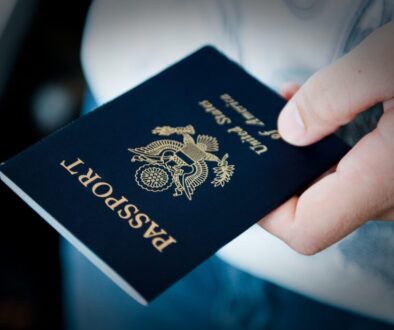My Son’s College Application Essay

[NB: ‘Tis the season for college applications. Since many students are scrambling to complete their essays, I wanted to share what my high school senior recently wrote. Earlier, I posted an essay my son submitted to one university. Today I’m offering the “Common App” response he provided to all colleges to which he applied. Perhaps it’ll offer guidance to others going thru the process. If not, it’s worth what you paid for it.]
Prompt: The lessons we take from obstacles we encounter can be fundamental to later success. Recount a time when you faced a challenge, setback, or failure. How did it affect you, and what did you learn from the experience?
As a young child, I was told my beautiful hair was among my most attractive features. By the time I was a teenager, all of it was gone. I’d suffered an illness and would have to cope. It wasn’t easy. But I had special inspiration on which to rely.
When my mother was ten, she and my grandfather left family, friends, and their home in Ukraine to escape the Soviet Union. With few possessions, and after several months emigrating through Europe, they arrived in the US. My grandfather spoke little English, and my mother spoke none. But they persevered. As a young immigrant, my mother learned English and lost her accent. She earned a graduate degree, started her career, got married, and had two sons. I am the younger one.
Knowing what my mother endured has made me understand how people can suffer, and to appreciate what I have. It has motivated me to overcome my own obstacles and inspires me to share my time and talent with those less fortunate. Most of my challenges have been physical. When I was a young child, I was diagnosed with scoliosis and flat feet. When I was twelve, my hair started to fall out, and I wasn’t growing like other boys.
I learned that I have the most severe form of Alopecia, a disease in which the immune system attacks hair follicles. Within months, I’d lost every hair on my body, including eye lashes, eyebrows, and nose hairs. It was awful, and frightening. I didn’t know what was happening to me. It still is.
Being a short, bald teenage boy is difficult, especially since I once had a thick head of curly blonde hair. But what I really needed was thick skin. I stick out in every room and receive stares wherever I go. After a year feeling sorry for myself, I decided to stop. I wouldn’t let Alopecia define me.
As my parents continued to seek treatment, I learned to accept my condition. Before boys could laugh at me or girls reject me, I began to accept who I am and even find humor in my ailment. I used to tell other kids that I wore glasses because without them I look like an egg. On Halloween, I’d say I don’t need a costume since I’m already a ghost. They’d laugh, and I’d smile. Not having hair still hurts, and the underlying illness is a legitimate concern.
But I’m grateful things aren’t worse. Many times strangers have approached me in public to wish me well. I soon realized they thought I had cancer, which reminded me how blessed I am that I don’t. I’ve also met teenage girls with Alopecia, and know that for them not having hair is much worse than it is for me.
I always loved playing basketball, so my flat feet and slow growth were bigger challenges. But they weren’t insurmountable. They simply forced me to work harder to get what I wanted. So I did. Every year, I was the shortest player on our team. But I was fundamentally sound. My coaches said I compensated for my height by understanding the game, knowing the situation, and playing smart. I was the player who hustled more than anyone else, was most perceptive, and always prepared.
I had to be. Otherwise, I wouldn’t have played. I learned that hard work, diligence, and discipline can overcome the disadvantages we all have. I also built the confidence to know I could navigate difficult circumstances and succeed despite “insurmountable” obstacles. In fact, that is the essence of success.
But my Alopecia, physical limitations, and my family history also reminded me that sometimes we need additional assistance. My experience with my condition convinces me I have the passion and power to provide help to others. Using my leadership experience from Scouts, church, and now college, that’s exactly what I intend to do.
David



